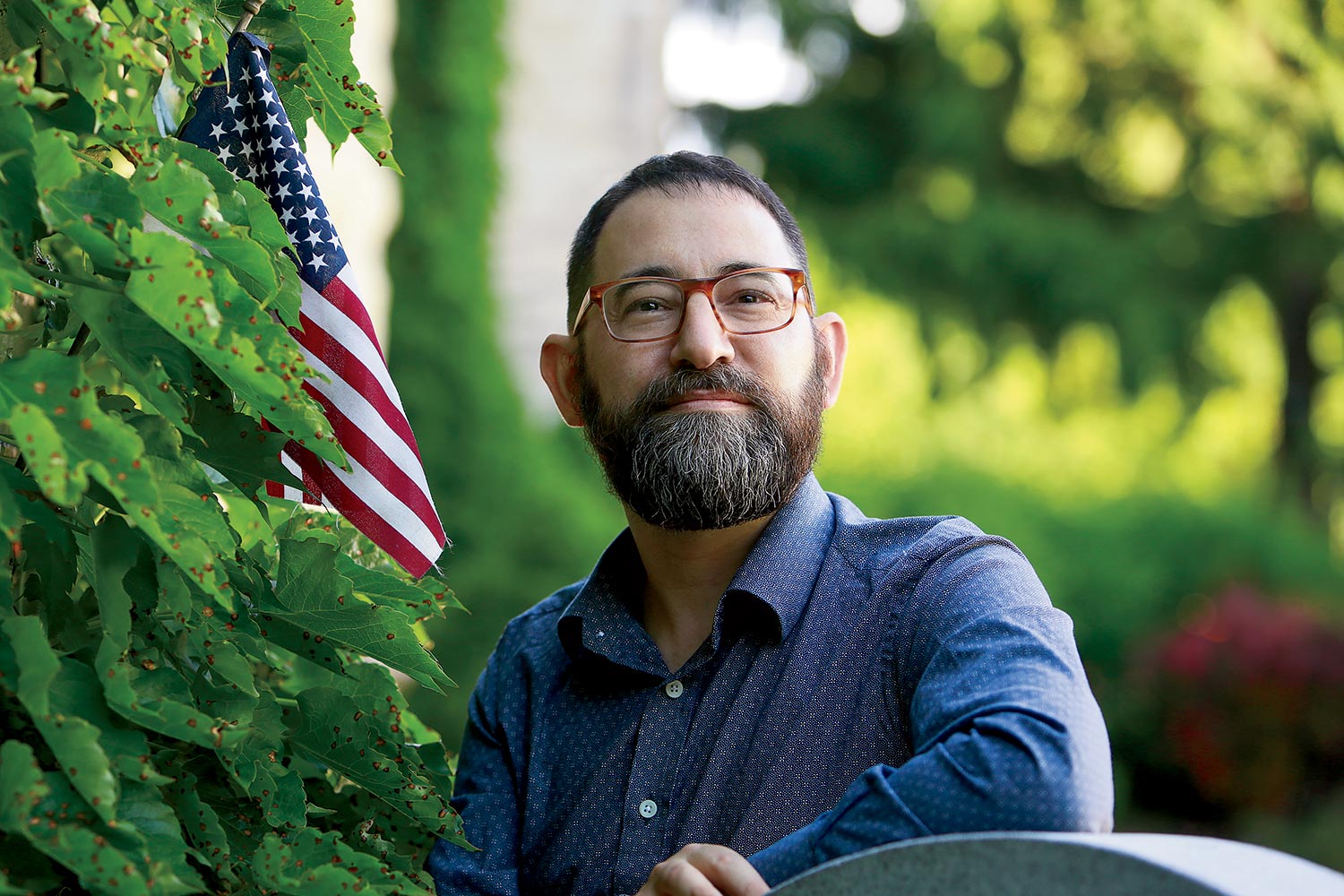The last of your four books on America’s shift to the right in the 1960s and ’70s comes out August 18. How did Trump’s election influence this one?
In the period I was writing about, ’76 to ’80, the Ku Klux Klan kept popping up in the news. If it were 20 years ago, I would have considered it irrelevant — these were extremists that the Republicans worked hard to distance themselves from. But now, with Trump, white nationalists were talking about, for the first time, having a major political figure who got them. The negotiation between demagoguery and respectability [in the Republican Party] had taken an interesting turn.
How did it play out before Trump?
After Barry Goldwater was nominated for president in 1964, almost within 48 hours, a race riot broke out in Harlem. Goldwater said if he found that his supporters were exploiting these riots to get him elected that he would withdraw.
You also write about how Trump’s rise as part of a new-money class in the late ’70s paralleled Ronald Reagan’s run for president. Why is that important?
Reagan announced his candidacy in New York, which was shocking because New York was this hellscape. But Midtown Manhattan was beginning to come back, and Donald Trump was upheld as a hero for all the glitter and glamour he brought. When the New York Times did their exposé of Trump’s taxes, they revisited an article from 1979 and basically apologized — they’d been taken in by abject lies. That is intimately related to what Ronald Reagan was up to by saying that America didn’t have any serious structural problems and presenting himself to the electorate as a person who absolved the public from looking hard at these ordeals.
Recently you tweeted that the book you wish you had coming out now would be about America’s response to 9/11. Why?
We were attacked by terrorists whose goal was to get us to be so fearful that we would give up our liberties or reveal ourselves to the world as not what we pretended to be. And we fell into that trap. Police forces are militarizing themselves; civil liberties began to be taken away. We fell into a pattern that Benjamin Franklin had warned against: Those who sacrifice liberty for security deserve neither.



